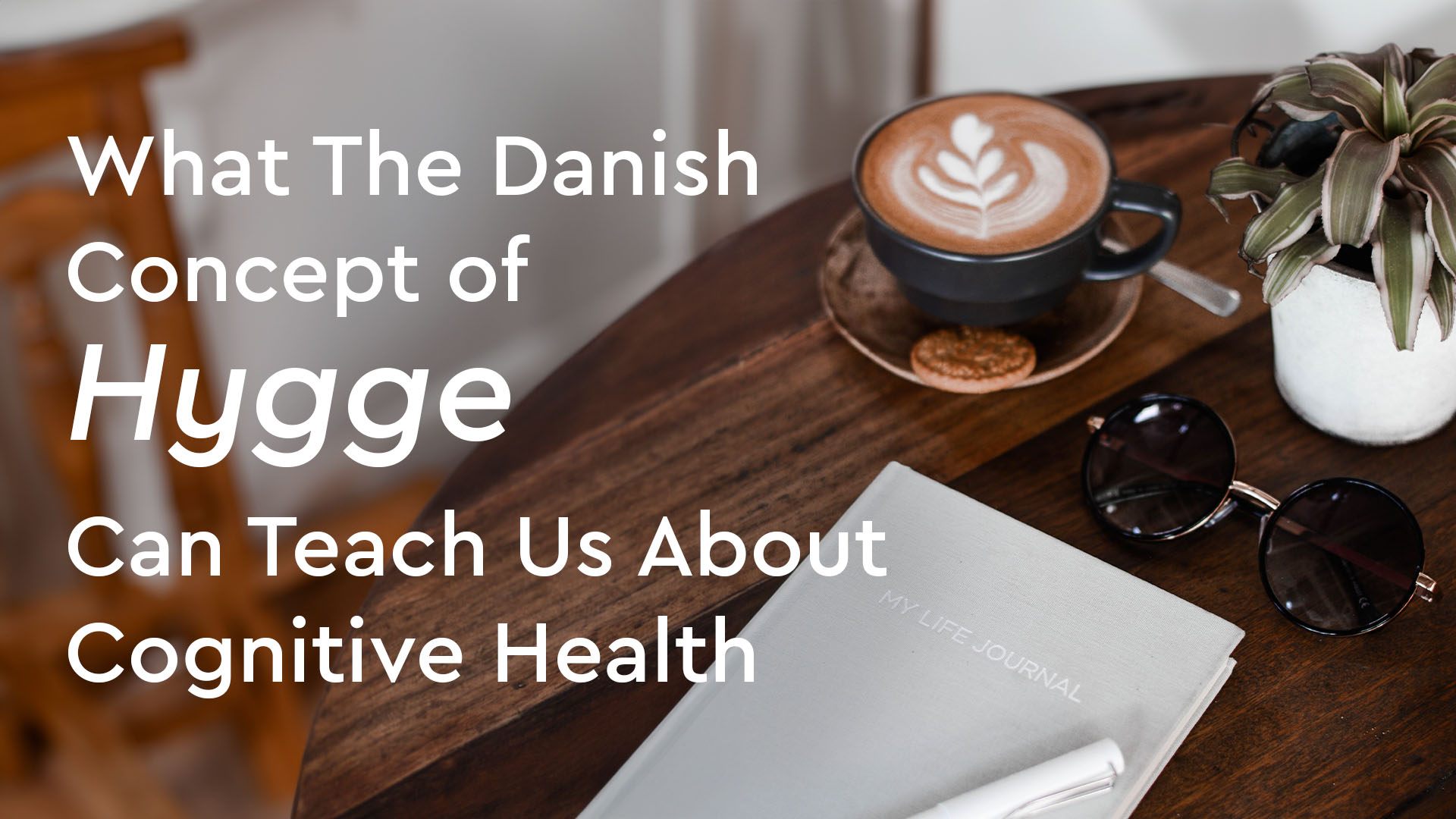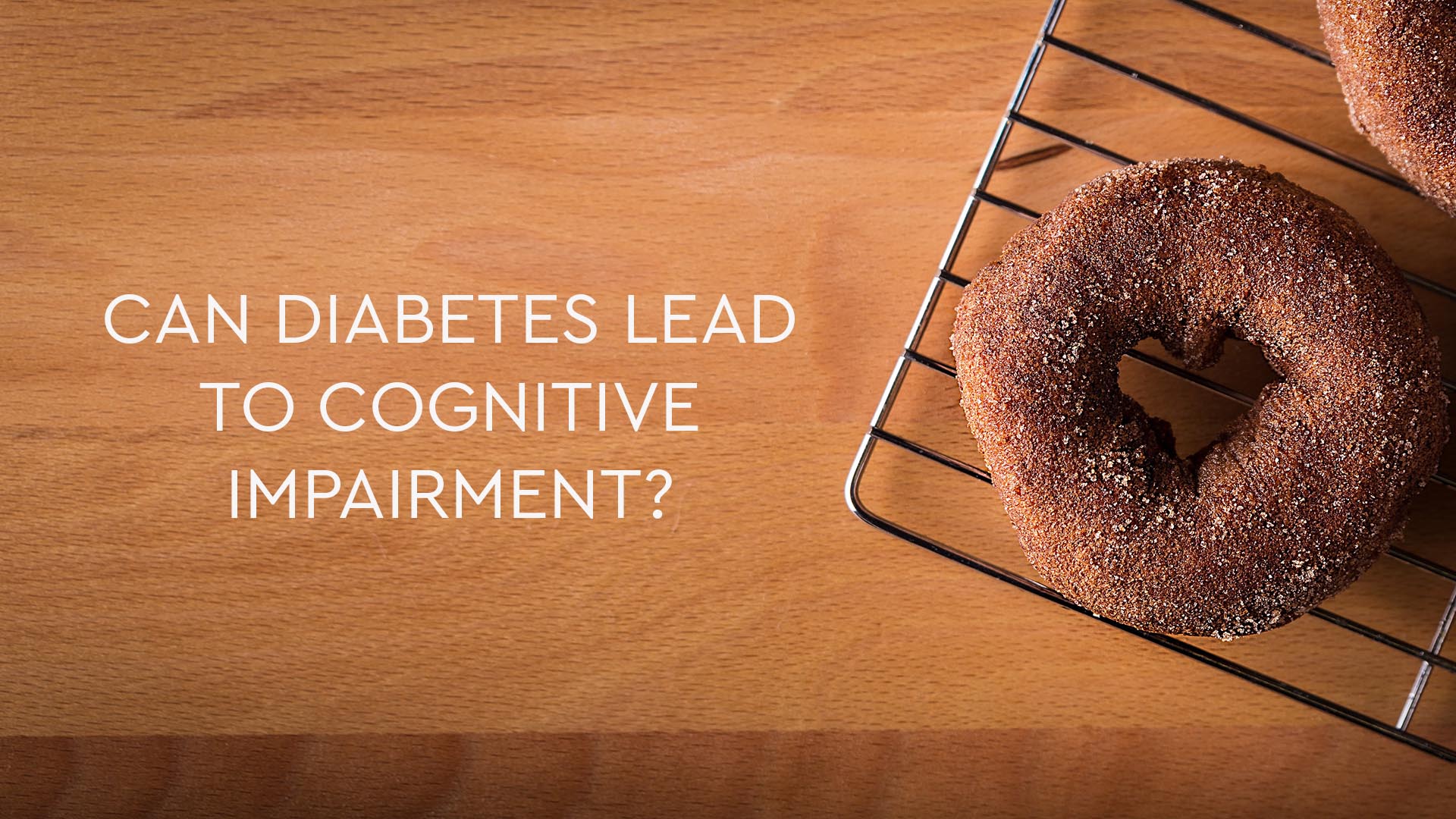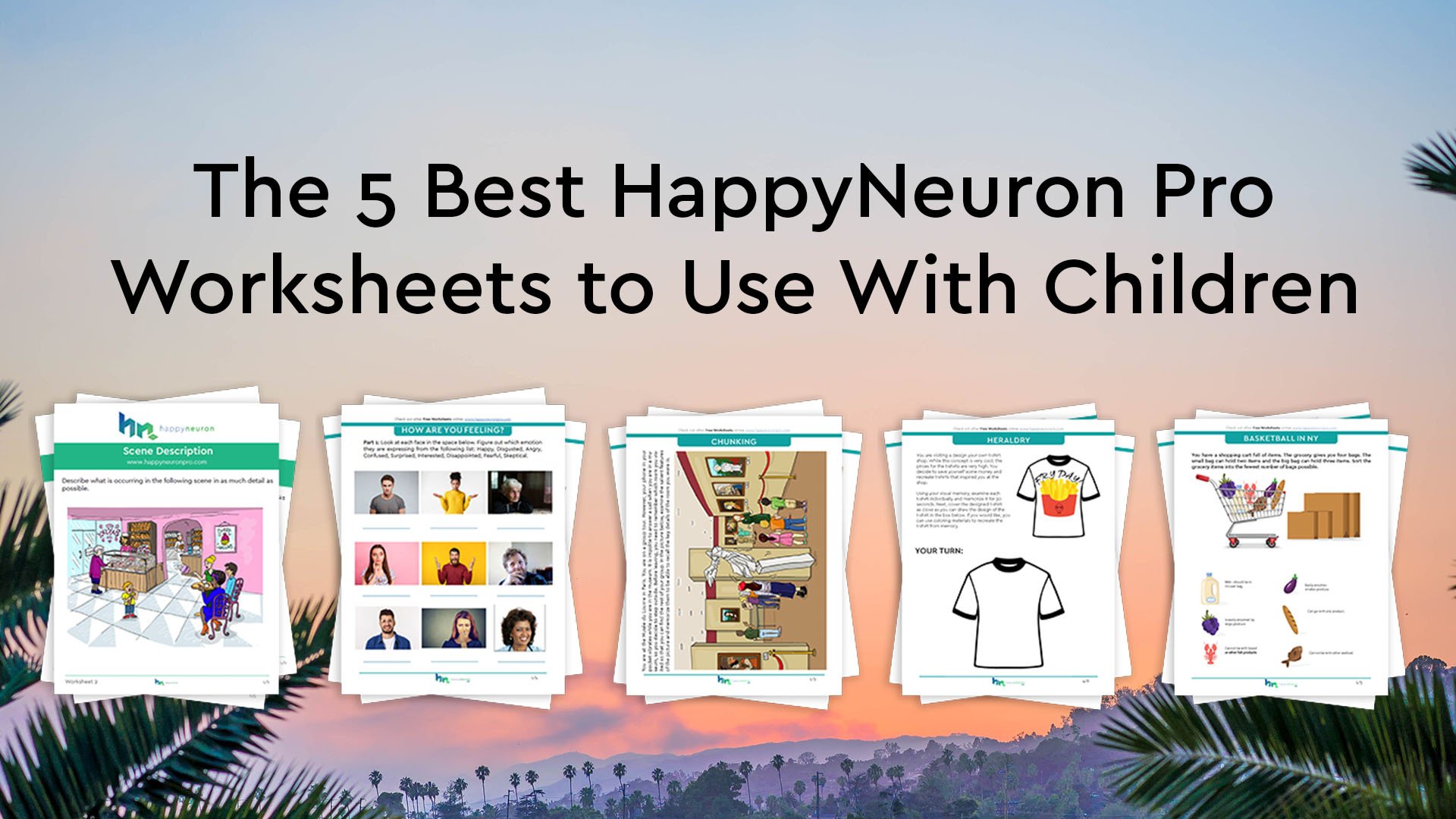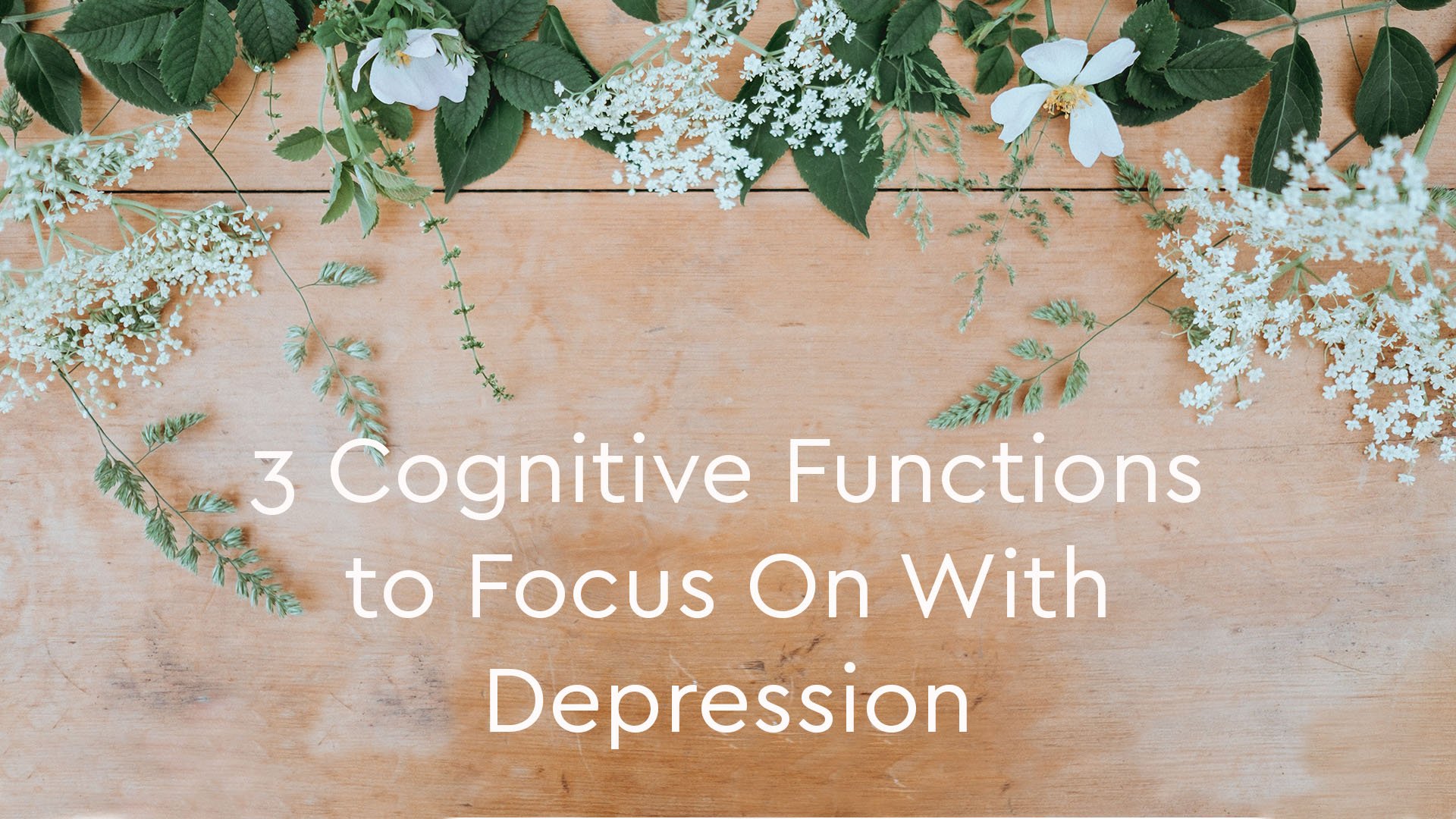02 Feb What The Danish Concept of Hygge Can Teach Us About Cognitive Health
The Scandinavian philosophy of hygge is more than a trend; it's a mindset that can contribute to cognitive well-being.18 Apr How HappyNeuron Pro’s Worksheets Can Be Used to Step Up Your Client’s Therapy
While HappyNeuron Pro offers a customizable digital cognitive therapy tool, HappyNeuron Pro also offers creative worksheets that can help you step up your client’s therapy. In this blog post, we discuss how HappyNeuron Pro’s worksheets can be used to step up your client’s therapy.03 Jan The Necessity of Cognitive-Vocational Rehabilitation Programs for Mental Health Populations
Adults living with mental illness risk facing unemployment and poverty. Therapists are eager to address the psychological and cognitive needs of clients with severe mental illness in order to help them find employment and live independently. Little research is available on the implementation of a cognitive and vocational rehabilitation program for adults with severe mental illness. This blog post discusses a study that examined the effects of implementing a cognitive-vocational rehabilitation program for adults with severe mental illness.01 Nov Why Cognitive Flexibility Is Crucial & How Can People Improve It?
Posted at 08:00h
in Areas of Cognition, Article, Cognitive Therapy, Featured Article, Highlight, Medical Conditions, Professions
The term “cognitive flexibility” is often said to be an important part of understanding our thoughts and emotions, but what does it even mean? Simply put, it is a set of cognitive abilities including creativity, imagination, and curiosity, that work together to enable an individual's understanding of navigating through different environments and situations. Cognitive flexibility is about learning and being flexible with the way we learn. Improving cognitive flexibility may help us with our decision-making, as we may be more open to thinking of and considering solutions that we may not have originally thought of before.











